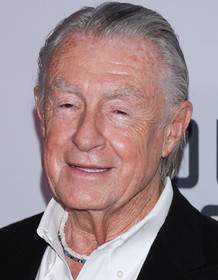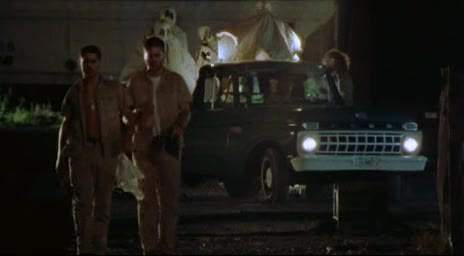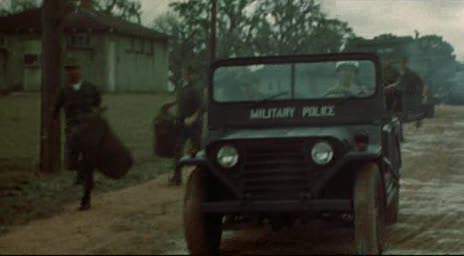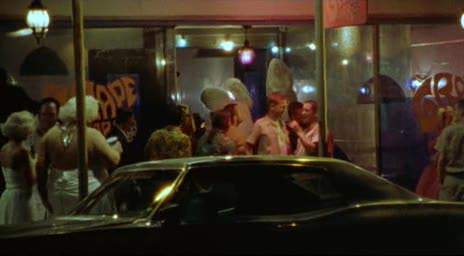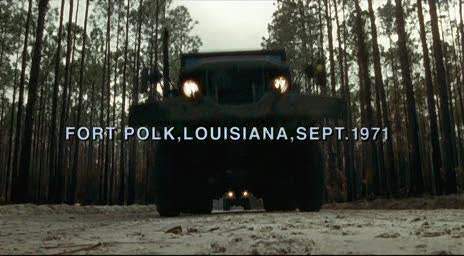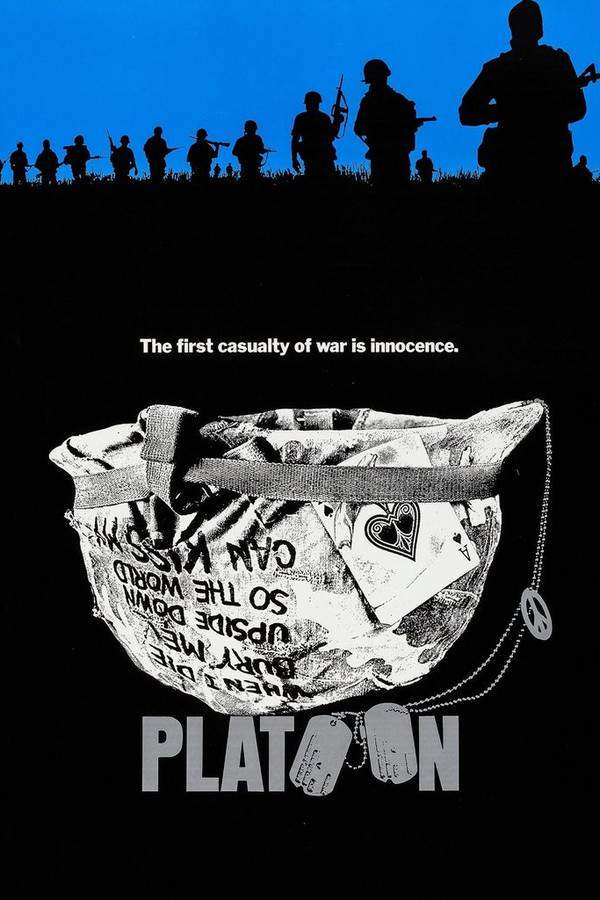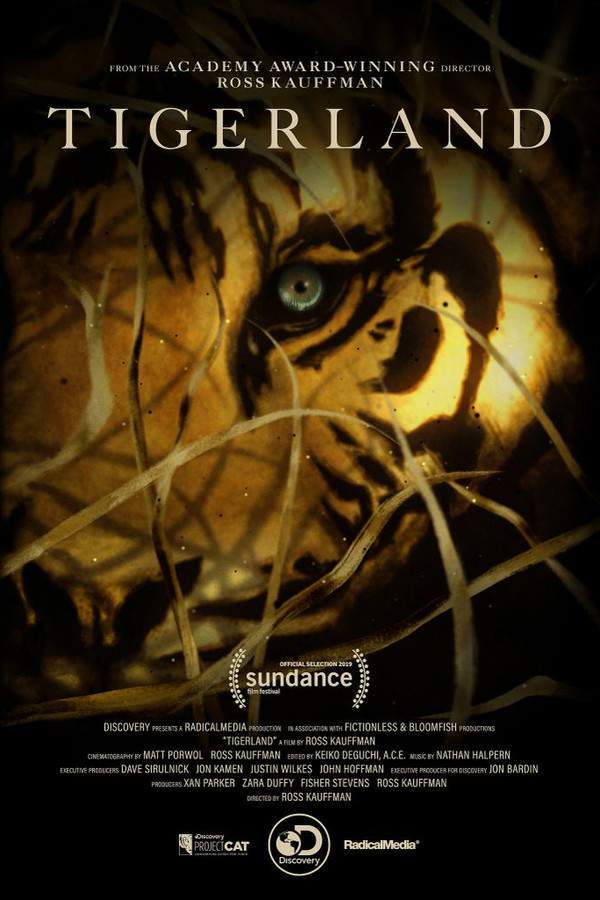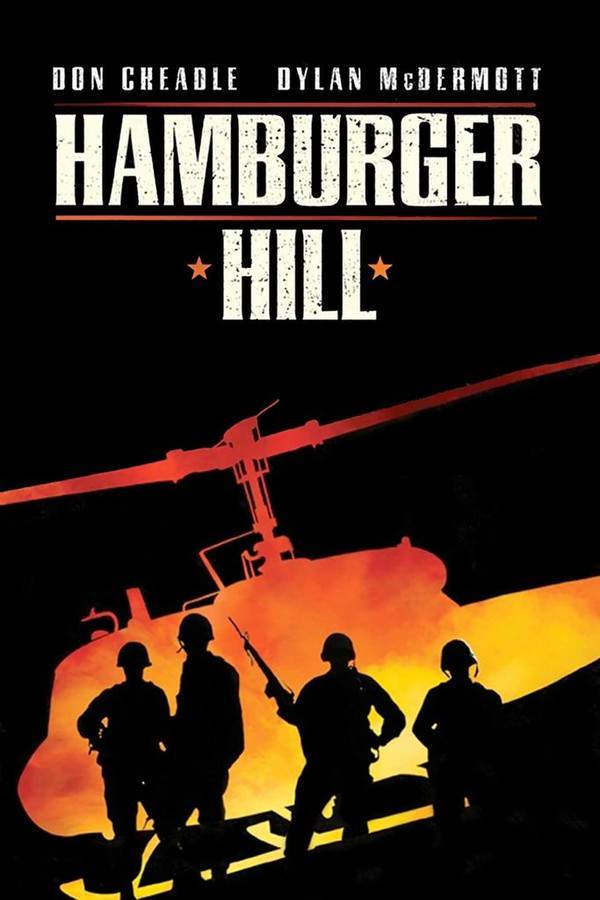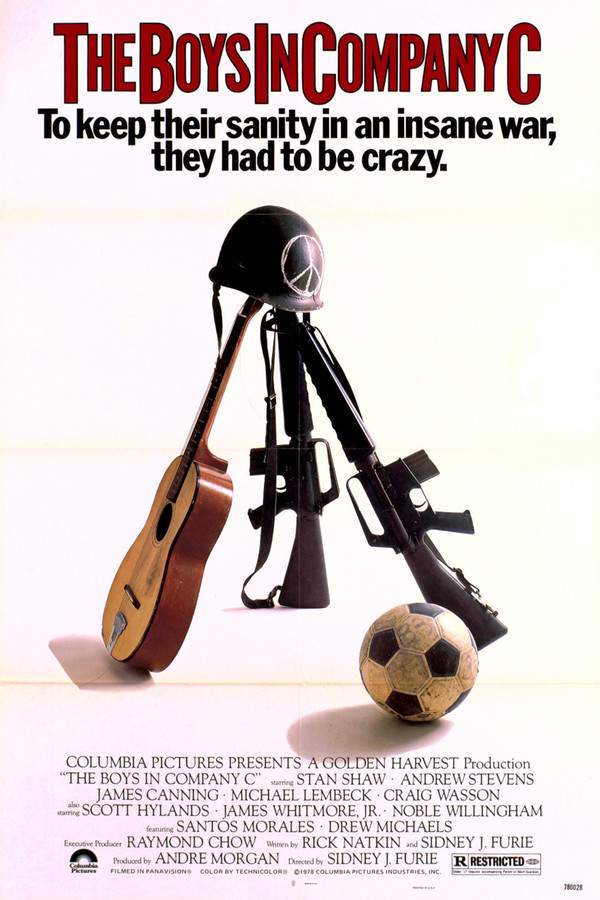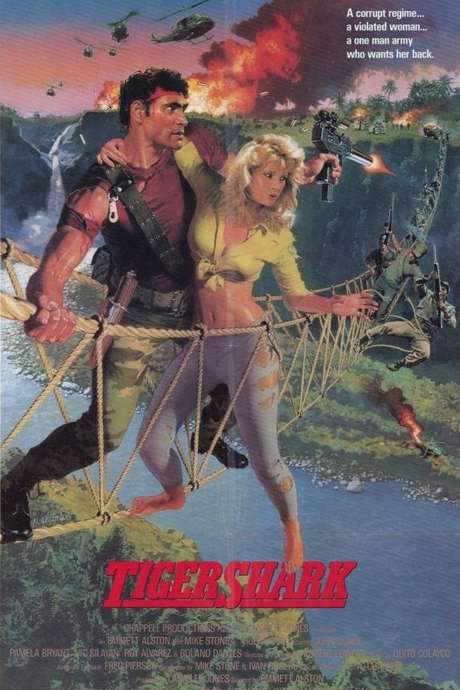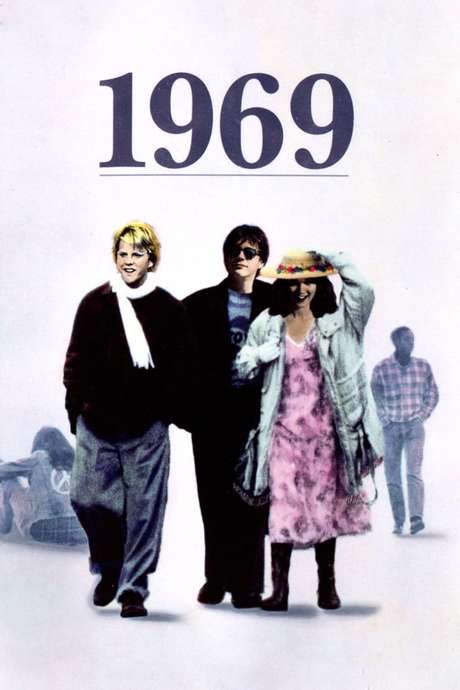Tigerland 2000
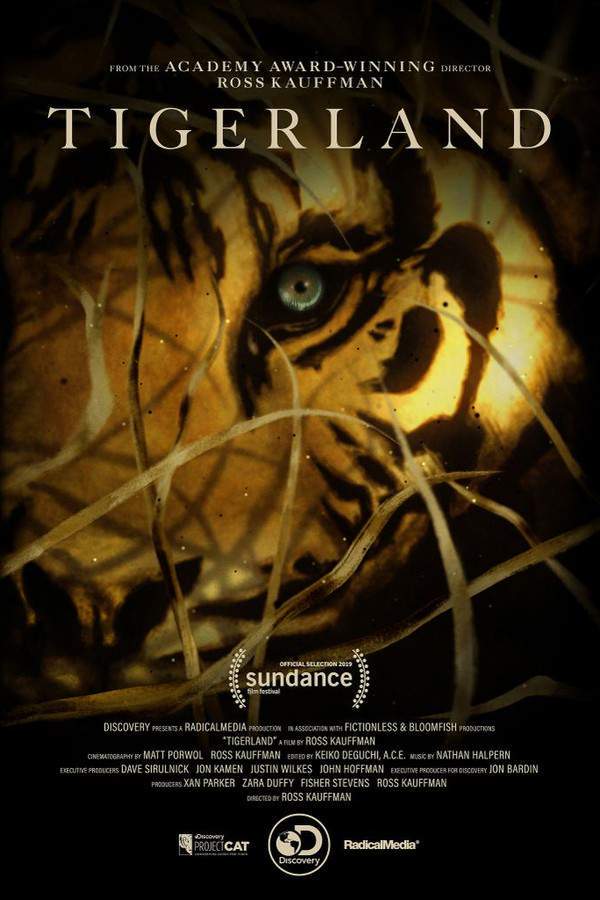
During infantry training at Fort Polk in the oppressive Louisiana heat, a group of young soldiers faces the reality of impending deployment to Vietnam. As the end of their training nears, the tension and fear of combat intensify. One soldier's rebellious actions and questioning of authority inadvertently ignite a powerful response from his fellow recruits, forcing them to confront their fears and the uncertain future ahead.
Does Tigerland have end credit scenes?
No!
Tigerland does not have end credit scenes. You can leave when the credits roll.
Meet the Full Cast and Actors of Tigerland
Explore the complete cast of Tigerland, including both lead and supporting actors. Learn who plays each character, discover their past roles and achievements, and find out what makes this ensemble cast stand out in the world of film and television.
External Links and Streaming Options
Discover where to watch Tigerland online, including streaming platforms, rental options, and official sources. Compare reviews, ratings, and in-depth movie information across sites like IMDb, TMDb, Wikipedia or Rotten Tomatoes.
Ratings and Reviews for Tigerland
See how Tigerland is rated across major platforms like IMDb, Metacritic, and TMDb. Compare audience scores and critic reviews to understand where Tigerland stands among top-rated movies in its genre.

55
Metascore
7.4
User Score

6.9 /10
IMDb Rating

66
%
User Score
Take the Ultimate Tigerland Movie Quiz
Challenge your knowledge of Tigerland with this fun and interactive movie quiz. Test yourself on key plot points, iconic characters, hidden details, and memorable moments to see how well you really know the film.
Tigerland: Defiance and Brotherhood Quiz: Test your knowledge on the themes, characters, and events of the film 'Tigerland' from 2000.
Who is the main character known for his rebellious streak?
Roland Bozz
Jim Paxton
Private Wilson
Miter
Show hint
Awards & Nominations for Tigerland
Discover all the awards and nominations received by Tigerland, from Oscars to film festival honors. Learn how Tigerland and its cast and crew have been recognized by critics and the industry alike.
16th Film Independent Spirit Awards 2001

Best First Screenplay
Full Plot Summary and Ending Explained for Tigerland
Read the complete plot summary of Tigerland, including all major events, twists, and the full ending explained in detail. Explore key characters, themes, hidden meanings, and everything you need to understand the story from beginning to end.
It is September 1971, a period marked by the realization that the Vietnam War is a losing battle for the United States. Most soldiers, shaped by the ideals of the 1960s Peace Movement, share the sentiment that defeat has been a foregone conclusion for some time. Among them is Roland Bozz, played by Colin Farrell, a draftee with a profound opposition to the war. His unruly nature and blatant disregard for authority set him apart: he frequently disobeys orders and challenges his superiors.
On his journey, Bozz forms a strong friendship with fellow recruit Jim Paxton (portrayed by Matthew Davis), an aspiring writer documenting their experiences in a personal journal. Unlike Bozz, Paxton is a volunteer who took an active step to join the Army. Upon arriving at their post, Captain Saunders makes it abundantly clear that every soldier stationed at Fort Polk and in Tigerland will inevitably be deployed to Vietnam, declaring that any political concerns are irrelevant at this stage.
As the narrative unfolds, we see deeper layers of Bozz’s character. With an impressive knack for exploiting gaps in military bureaucracy, he devises clever strategies to help fellow soldiers avoid combat. This includes assisting a soldier who is not only a father but also supports a disabled wife, as well as another soldier named Miter (played by Clifton Collins Jr.), who enrolled in the army to prove his masculinity but quickly realized the gravity of his decision. At one crucial moment, a fellow soldier approaches Bozz for help, remarking, > “I was told if you don’t want to go to ‘Nam, you either pray to Jesus, or go see Roland Bozz.” Here, Bozz reveals that his opposition to the war stems from a place of human compassion.
As the story develops, Bozz’s natural leadership capabilities earn him the informal title of squad leader, often referred to as acting Jack. However, the atmosphere is tense due to another private in the company, Wilson (Shea Whigham), a racist bully who takes every opportunity to belittle Bozz and Miter, targeting those he views as “weak.” Unlike others, Bozz stands up against Wilson, leading to a brutal confrontation. Paxton intervenes, which intensifies Wilson’s animosity toward him.
During a live-fire exercise, Wilson threatens Bozz with a firearm, resulting in a desperate struggle. Ultimately, Bozz’s life is spared when the weapon misfires, leaving him with the option to hold Wilson accountable. Under pressure from their commanding officer, Bozz opts to have Wilson dismissed from the army instead of pursuing a court-martial, believing that Wilson’s struggle with emotions has made him dangerous yet redeemable.
Afterward, the platoon is transferred to Tigerland, a meticulously designed training site mimicking Vietnam’s harsh terrain. In a training scenario, Bozz and his squad role-play as villagers while pitted against Wilson’s squad, which aims to uncover a VC sympathizer. Eventually, as tensions grow, Wilson vows to kill Bozz, setting the stage for a climactic showdown.
Just as Bozz seems ready to flee to Mexico with assistance from some locals, he realizes that doing so would put Paxton in jeopardy, forcing him to reconsider his plans. The ensuing events culminate with a hazardous training drill where Wilson replaces blanks with live ammunition. When he opens fire during a simulation, chaos ensues, leading to Paxton being injured by an errant blank fired too closely. As the trainer intervenes, the dire situation escalates.
As the film wraps up, the platoon prepares to embark for Vietnam, with Paxton receiving a medical discharge due to his eye injury. In an emotional farewell, Bozz and Paxton exchange conflicted sentiments, with Paxton expressing an intent to write about Bozz’s journey. However, Bozz, in a moment of defiance, steals Paxton’s journal and discards the pages as the bus pulls away, leaving Paxton scrambling to retrieve his work.
In a haunting final twist, Paxton learns that Bozz was reportedly killed in Vietnam, yet his official records remain ambiguous. Years later, he hears rumors of Bozz being spotted in Mexico, leading to questions about the truth behind his fate and the enduring impact of their bond.
Uncover the Details: Timeline, Characters, Themes, and Beyond!

Coming soon on iOS and Android
The Plot Explained Mobile App
From blockbusters to hidden gems — dive into movie stories anytime, anywhere. Save your favorites, discover plots faster, and never miss a twist again.
Sign up to be the first to know when we launch. Your email stays private — always.
Watch Trailers, Clips & Behind-the-Scenes for Tigerland
Watch official trailers, exclusive clips, cast interviews, and behind-the-scenes footage from Tigerland. Dive deeper into the making of the film, its standout moments, and key production insights.
Cars Featured in Tigerland
Explore all cars featured in Tigerland, including their makes, models, scenes they appear in, and their significance to the plot. A must-read for car enthusiasts and movie buffs alike.
Tigerland Themes and Keywords
Discover the central themes, ideas, and keywords that define the movie’s story, tone, and message. Analyze the film’s deeper meanings, genre influences, and recurring concepts.
Tigerland Other Names and Titles
Explore the various alternative titles, translations, and other names used for Tigerland across different regions and languages. Understand how the film is marketed and recognized worldwide.
Similar Movies To Tigerland You Should Know About
Browse a curated list of movies similar in genre, tone, characters, or story structure. Discover new titles like the one you're watching, perfect for fans of related plots, vibes, or cinematic styles.
Quick Links: Summary, Cast, Ratings, More

What's After the Movie?
Not sure whether to stay after the credits? Find out!
Explore Our Movie Platform
New Movie Releases (2026)
Famous Movie Actors
Top Film Production Studios
Movie Plot Summaries & Endings
Major Movie Awards & Winners
Best Concert Films & Music Documentaries
Movie Collections and Curated Lists
© 2026 What's After the Movie. All rights reserved.



